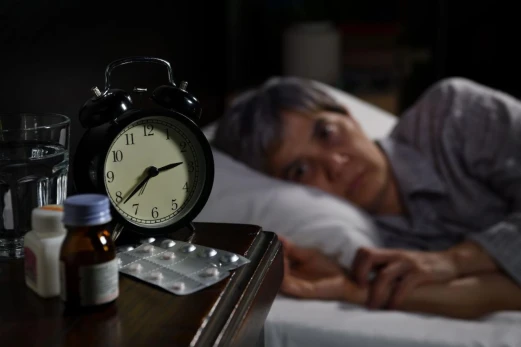Alzheimer's disease disrupts the circadian rhythms of brain cells responsible for clearing toxic plaques. Scientists from the University of Washington School of Medicine came to this conclusion. The study was published in the journal Nature Neuroscience (NatNeuro).
Alzheimer's disease is often accompanied by sleep disorders. patients sleep poorly at night, feel drowsy during the day, and suffer from confusion in the evening. These symptoms have long been linked to disruption of the biological clock, but the mechanism remains unclear.
The team, led by neuroscientist Eric Muzik, found that amyloid plaques, a key feature of the disease, disrupt the function of hundreds of genes that regulate the circadian rhythms of microglia and astrocytes. These cells act as "cleaners" of the brain. microglia clear the tissue of toxins and dead cells, while astrocytes maintain neuronal function.
In experiments on mice, the researchers showed that when amyloid accumulates, the normal rhythms of gene activity in these cells are disrupted, turning the orderly system into a chaotic one. As a result, the synchronous activity of the mechanisms responsible for amyloid clearance is disrupted. Furthermore, amyloid creates "new rhythms" in hundreds of other genes associated with inflammation.
Previously, Muzik's group had identified the protein YKL-40, the level of which fluctuates with the circadian cycle. These changes are also associated with an increased risk of Alzheimer's disease. Now researchers believe that restoring the normal rhythms of microglia and astrocytes may be a new therapeutic option.
"We are just beginning to understand how the internal clock affects brain health. "Maybe in the future we will learn to control it - strengthen, weaken or redirect it in the right cells," Muzik noted.
Translation:Euromedia24.com-in:


























